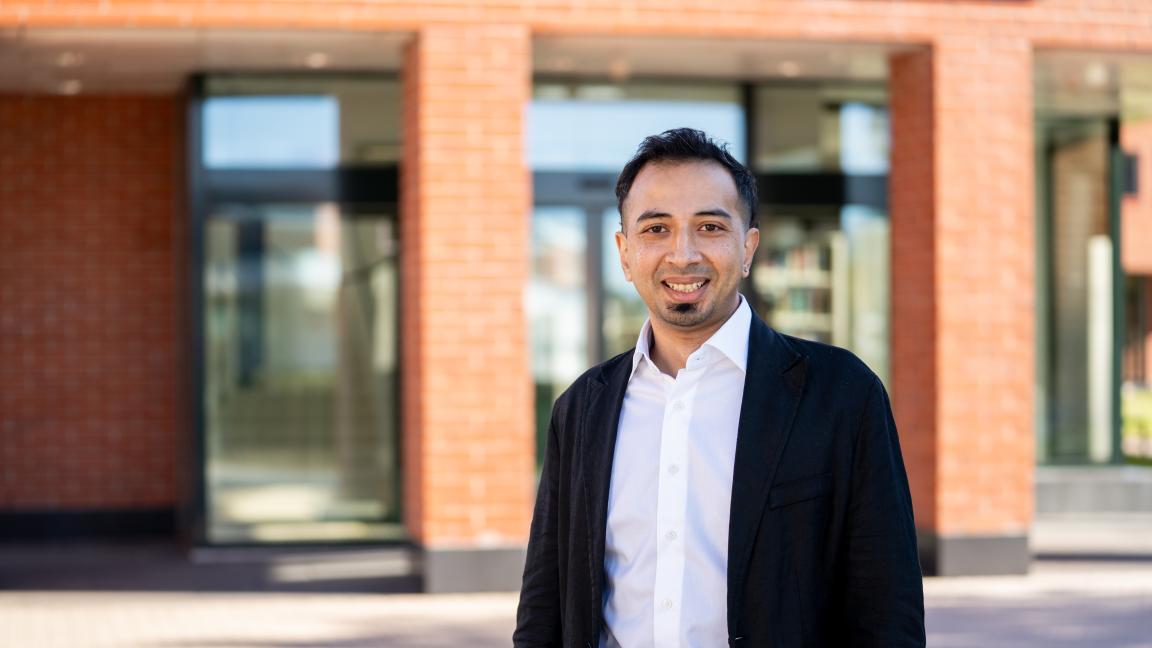For decades, the low cost of electricity provided little incentive for consumers to change their energy consumption habits. However, as prices surged due to the energy crisis that followed Russia’s invasion of Ukraine, many households became considerably more conscious of their energy usage. This shift is now being enabled by digitalisation, which makes participation easier than ever.
– Energy flexibility can increasingly be automated through mobile applications and smart devices that react to the market in real-time. The goal is to make participation as easy as possible by requiring minimal human touch points, and the result is a financial win-win: households cut their costs while suppliers reduce the need to purchase high-priced spot electricity, states Nayeem Rahman.
Rahman’s doctoral dissertation in marketing examines how households and businesses are reshaping the Finnish electricity market by becoming more flexible with their energy consumption. According to Rahman, the market is being actively reshaped through three interconnected mechanisms.
– Retailers are creating new business models that reward flexibility, digital platforms are linking households and the grid, and consumers are becoming prosumers by both consuming and producing electricity. These dynamics are reshaping the market – by changing how individual firms operate, by redefining the role of digital platforms, and by influencing the wider energy ecosystem, Rahman says.
Money is the most effective incentive
A key finding of the dissertation is the discrepancy between public sustainability goals and actual consumer behaviour. While many express a desire to be environmentally friendly, the research indicates that material and monetary benefits are the most effective motivators for adopting flexible energy habits.
– The most common incentive is a lower electricity bill. But it can also mean getting paid for the surplus energy from your rooftop solar panels, or being compensated for exporting electricity from your electric car's battery back to the grid during a period of high demand on the grid, Rahman explains.
The findings are beneficial for energy companies, policymakers, and technology developers seeking to design effective business models and supportive regulations. By recognising that consumers respond most readily to clear financial advantages, stakeholders can accelerate the transition to a more resilient, efficient, and sustainable electricity market.
Doctoral dissertation
Rahman, Nayeem (2025) Energy flexibility as a market shaping mechanism: A case study of the Finnish electricity ecosystem. Acta Wasaensia 564. Doctoral dissertation. University of Vaasa.
Public defence
The public examination of M.Sc. Nayeem Rahman’s doctoral dissertation “Energy flexibility as a market shaping mechanism: A case study of the Finnish electricity ecosystem” will be held on Friday 10 October 2025 at 12 (UTC + 3) at the University of Vaasa, auditorium Nissi.
It is possible to participate in the defence also online:
https://uwasa.zoom.us/j/69008269959?pwd=FsNawPQaboI12TRzJZWW5lAKKAYR8j.1
Password: 299959
Professor Anna-Greta Nyström (Åbo Akademi University) will act as opponent and Professor Hannu Makkonen as custos.
Further information
Nayeem Rahman, tel.+358 40 154 5489
Nayeem Rahman was born in 1990 in Bangladesh. He completed a Master of Science degree in Strategic Business Development at the University of Vaasa in 2019. Rahman is currently a doctoral researcher in marketing at the University of Vaasa.
